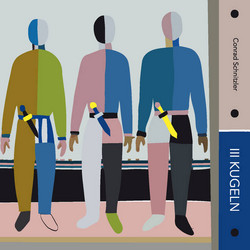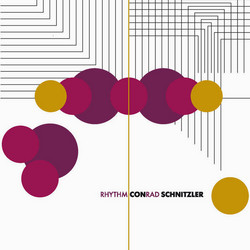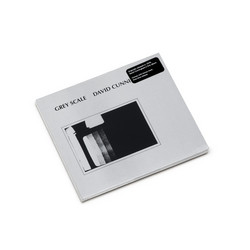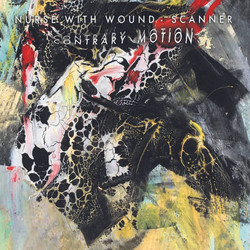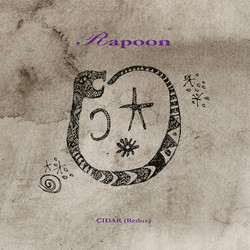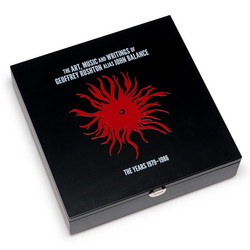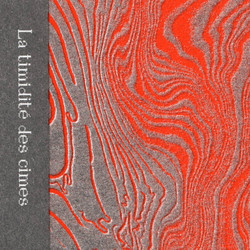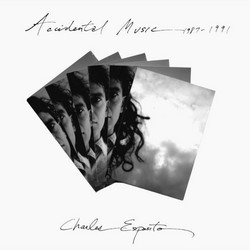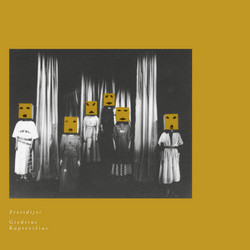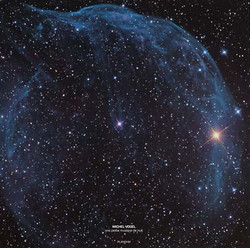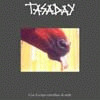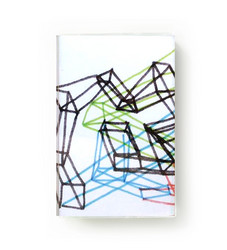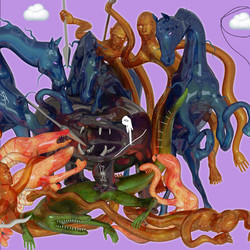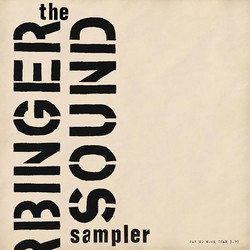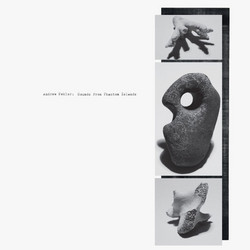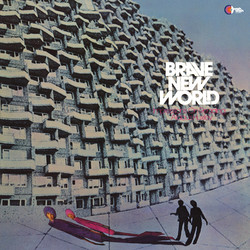Shinichi Omata
Boku・Neko・Platanus (Expanded Edition) (2LP)
A Japanese synth curio? A lost techno-pop classic? So might run the standard view of the electronic album 'Boku・Neko・Platanus', recorded in 1984 by Shinichi Omata. The facts point that way. The futuristic 'Platonische Liebe' and Omata’s technodelic take on the traditional Greek folk track 'Omorfoula' (here titled 'Egyptische Knabe') are timeless electro tracks with a radically simple pop concept and robotic flavour that closely echo Japan’s most recognisable exports from the era - sounds and styles which rose to international prominence immediately following the economic boom that was taking shape in contemporary Japanese culture. But, focusing only on such fragments misses the greater charms of the album – an argument made more convincing by the inclusion in this expanded edition of an archive of unreleased material from the original recording period. The music spans an unusually broad and contrasting range of influences, exploring the possibilities of mood music, imaginary soundtracks and pop dissonance, while also borrowing widely from films and contemporary arts. How Omata transformed this vast range of influences into synth-pop is the real magic here.
The original cassette edition was released by the Tokyo-based Indian grocery store, Ganso Nakaya Mugendo, located in the Koenji district of the city. During the early 1980s, interest in experimental music began to grow among a small group of committed local music fans and musicians. Small independent shops started playing a pivotal role in this nascent scene. First, they imported many of the obscure rarities that were gradually being reissued or bootlegged in the West. Later, as some of the regular customers and employees formed their own groups, many shop owners started establishing their own labels. Even then, 'Boku・Neko・Platanus' was issued in extremely limited numbers – so much so that it’s incredible it ever came to light at all. The album is perhaps best understood as an outsider one-off, adrift from place, style, market and audience.
Omata was already garnering a reputation as a formidable musician before the days of 'Boku・Neko・Platanus'. An early follower of European classical, Latin and Western styles, he was an accomplished keyboardist and sitar player who formed close relationships with artists and musicians in the burgeoning Tokyo avant-garde scene of the early 1980s. He was fascinated by electronic music and used an array of synthesizers and rhythm machines early on in his career. He closely analysed the way rhythms emerged in a transitional period of music – such as the shift from four-beat to eight-beat used in much popular music of the 1960s – and that feeling of ambivalence and lag in both time and space is a recurring motif in his music. He uses these rhythmic techniques to magically fuse music from different backgrounds.
In Japan, Omata is largely known only to electronic music enthusiasts and connoisseurs as a member of the cult synth-pop outfit DEA, whose 'Metaphysical Pop' was released in 1985 on LLE, a sub-label of Marquee Moon Records, itself an offshoot of the notable experimental music magazine of the same name. Yet he is the mastermind behind a daring techno-pop sound that has remained almost entirely hidden for 40 years.
